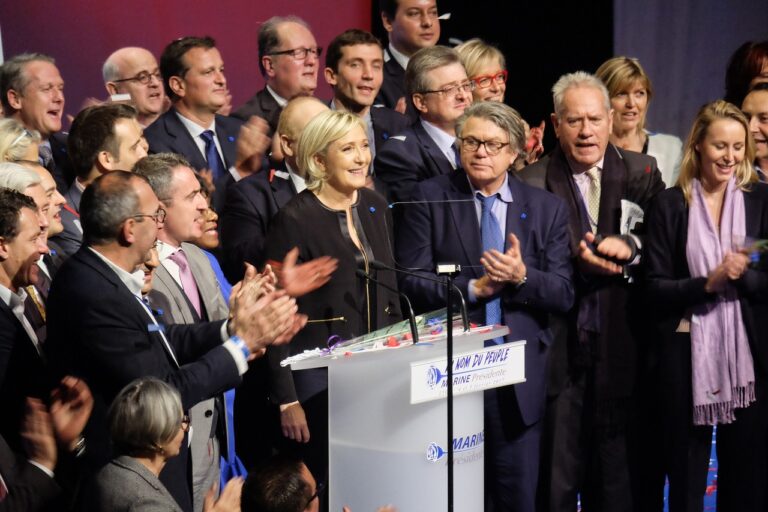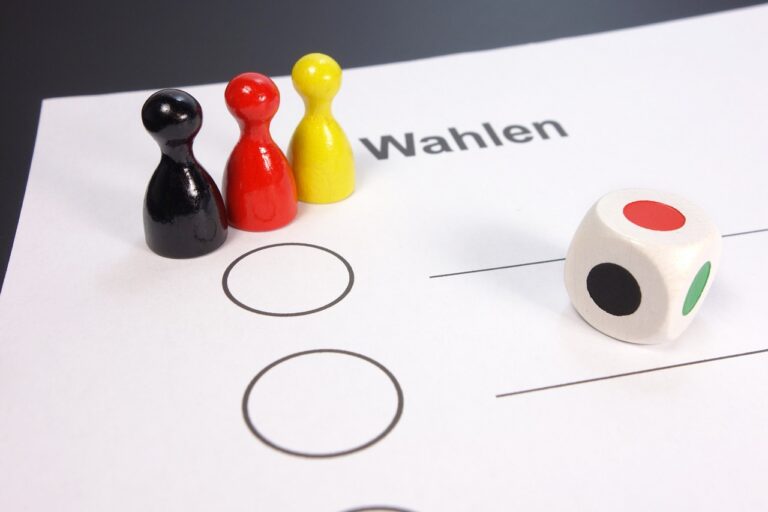Political Correctness and Its Impact on Election Discourse
Language sensitivity has ancient roots, tracing back to the early days of human communication. In many ancient societies, the power of words and their impact on social harmony were deeply revered. Ancient civilizations believed that words possessed the ability to create or destroy relationships, leading to the development of linguistic etiquette and the understanding of the importance of using language thoughtfully.
As societies evolved, the influence of various cultural, religious, and philosophical movements further shaped the way language was perceived. From the teachings of influential figures to the rise of etiquette manuals and the standardization of language in literature, a gradual shift towards more deliberate and respectful communication began to take hold. This gave rise to the notion that words have the power to not only convey meaning but also to shape perceptions, emotions, and behavior.
The Evolution of Language Policing in Politics
Language policing in politics has undergone a significant transformation in recent years. With the rise of social media and heightened awareness of inclusivity, political figures are facing increasing scrutiny over their choice of words and language. This shift has led to a more cautious approach by politicians in their public speeches and communications, as one misstep can quickly escalate into controversy and backlash.
The evolution of language policing in politics can also be attributed to the growing emphasis on diversity and representation in modern society. Politicians are now expected to be more mindful of the impact of their words on marginalized communities, as well as the general public. This increased awareness has forced politicians to navigate their language choices more carefully, recognizing the power and influence their words can have on shaping public opinion and perceptions.
The Influence of Social Media on Election Communication
Social media has undeniably reshaped the landscape of election communication in modern times. Platforms like Twitter, Facebook, and Instagram have provided politicians with direct access to voters, allowing for unfiltered messaging and real-time interaction. In this digital age, political candidates can reach a vast audience instantaneously, disseminating their campaign messages with unprecedented speed and efficiency.
Moreover, social media has enabled voters to engage directly with political figures, fostering a sense of accessibility and transparency in the political process. By sharing their perspectives, concerns, and feedback on various online platforms, voters can actively participate in shaping the political discourse. This two-way communication between politicians and constituents has the potential to bridge the gap between the governing and the governed, making the electoral landscape more inclusive and democratic.
How has social media changed election communication?
Social media has drastically changed the way candidates and political parties communicate with voters. It allows for real-time updates, direct interaction with constituents, and the ability to target specific demographics with tailored messaging.
What is language sensitivity in the context of modern politics?
Language sensitivity refers to the awareness and consideration of how language can impact different groups of people. Politicians and public figures are increasingly being held accountable for their language choices, as they can have far-reaching implications.
How has language policing evolved in politics over the years?
Language policing in politics has evolved from simply avoiding offensive language to actively promoting inclusive and respectful communication. Politicians are now expected to be mindful of the impact their words can have on marginalized communities.
What role does social media play in language policing during elections?
Social media has amplified the scrutiny of politicians’ language choices during elections. Every statement or tweet can be quickly shared and dissected, leading to swift backlash if deemed insensitive or inappropriate.







